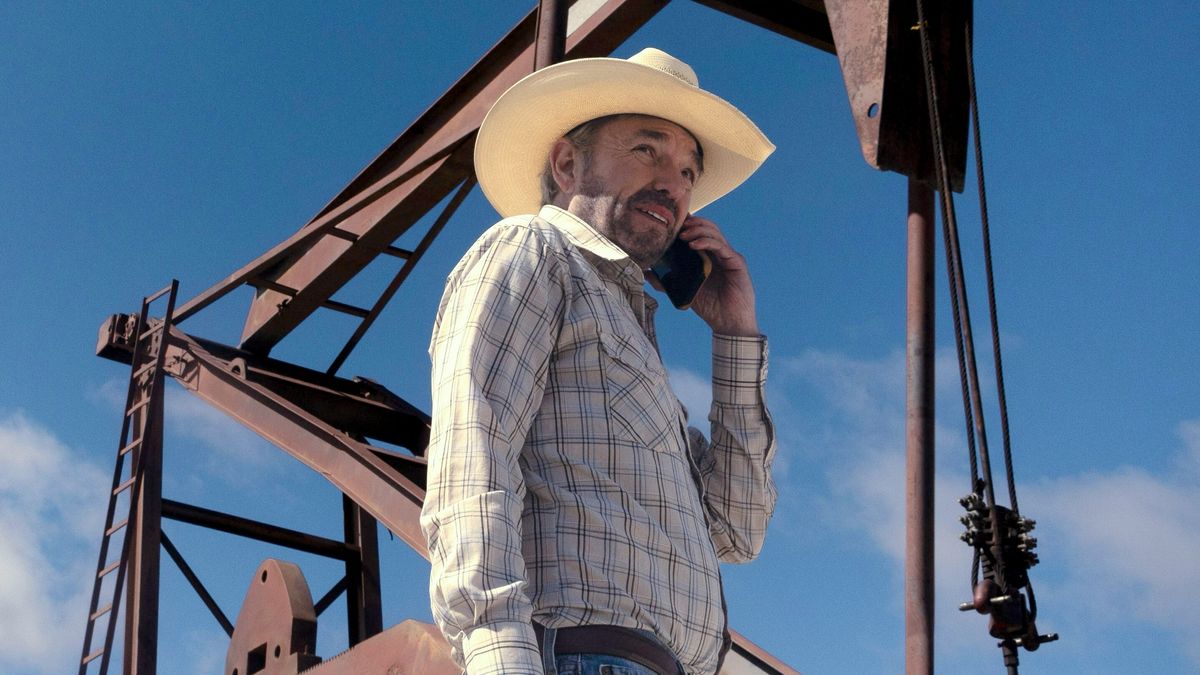 A Crew Dragon docked at the ISS.
NASA
A Crew Dragon docked at the ISS.
NASA
Friday will see a new event for the International Space Station (ISS) as a SpaceX Dragon spacecraft is used to boost its altitude for the first time. As drag works on the space station, its altitude gradually degrades over time, and so it needs to be given an occasional push to keep it at its correct altitude, around 250 miles from the Earth’s surface.
The reboost is scheduled for today, November 8, as one of the Dragons that is currently docked to the space station will fire its thrusters for around 12.5 minutes. There are currently two Dragons docked — one of which carried crew and one of which carried cargo to the station. The cargo vehicle will perform the boost maneuver. As this is the first time this has been attempted, NASA and SpaceX personnel will observe the event carefully.
“The data that we’re going to collect from this reboost and altitude control demonstration will be very helpful,” said Jared Metter, SpaceX director of flight reliability. Metter also said that the data would be important for a future job of SpaceX: deorbiting the space station in the 2030s when it comes to the end of its life.
The job of boosting the space station has traditionally been performed by Russian Soyuz spacecraft, but NASA has been looking for another solution to lessen its dependence on Russia, particularly following the invasion of Ukraine. The idea of using a Crew Dragon for reboosting not only the ISS, but also other missions such as the Hubble Space Telescope, has been raised in recent years as the vehicles have been frequently used for carrying both astronauts and cargo to the station and back.
There were also occasional tests of using Northrop Grumman Cygnus cargo vehicles to reboost the station, but these cargo vehicles are designed to be expendable — they are sent to the station to carry cargo, but then are disposed of in space rather than landing back on Earth — so they are not ideally suited to reboosting. The Dragon is also not specifically designed to do this job, as its main task is to carry cargo, but the option to use it will give more data on eventual ISS deorbit plans. The Dragon arrived at the station carrying around 6,000 pounds of supplies this week and will stay docked until it returns to Earth.
There have been some unusual issues with SpaceX launches using its Falcon 9 rocket recently, which are notable as the rocket is generally so reliable. But NASA said it was confident that SpaceX could continue to do the job.
“We work very closely with SpaceX on everything that we do relative to these Dragon launches,” said Bill Spetch, operations integration manager for the NASA’s International Space Station Program. “They share data with us very freely, and we work through all the issues jointly. We obviously always maintain a top priority on the safety of the vehicles coming to ISS, and so that really hasn’t changed for us.”

Georgina has been the space writer at Digital Trends space writer for six years, covering human space exploration, planetary…
SpaceX shares spectacular close-up footage of Starship launch and landing

SpaceX has shared footage, which you can watch below, showing a spectacular close-up view of the Starship’s launch and landing on Sunday.
The mission involved the fifth test flight of the Starship, comprising the first-stage Super Heavy booster and upper-stage Starship spacecraft.
Read more
SpaceX just caught a huge rocket booster for the first time. Now what?

It was an astonishing spectacle. A 70-meter-tall SpaceX rocket performing a controlled descent toward a tiny target where two giant mechanical arms were waiting to clasp it just meters above the ground.
Sunday’s bold effort was SpaceX’s first try at “catching” the Super Heavy booster, and to many people’s surprise, it nailed it.
Read more
NASA’s Crew-8 astronauts will stay in orbit a little longer

NASA and SpaceX's four Crew-8 astronauts will be staying in their temporary home on the International Space Station (ISS) for a little while longer, as their departure has been delayed due to inclement weather. The return of the four crew members to Earth has already been pushed back once and was slated to go ahead today, Sunday, October 13, but the was called off this morning due to adverse weather conditions at the splashdown zone off the coast of Florida.
The four crew members -- NASA’s Matthew Dominick, Michael Barratt, and Jeanette Epps, and Roscosmos cosmonaut Alexander Grebenkin -- make up the Crew-8 mission and will return to Earth on a SpaceX Dragon. But with the hurricanes and extreme weather conditions affecting Florida recently, NASA officials chose to let the crew members remain in orbit rather than have them try to splash down in potentially difficult conditions.
Read more




















 English (US) ·
English (US) ·